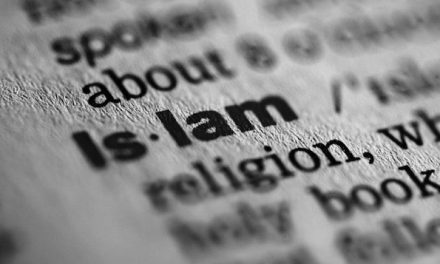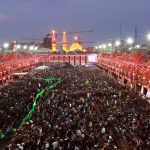
Recommended practices of the month of Ramadan are worships and practices that are mustahab or recommended, in hadiths, to do in this month. Some of these practices are common to all days of Ramadan and some are specific to certain days.
Reciting the Qur’an
The best practice during the days and the nights of Ramadan is to recite the Quran. Although it is rewarding to recite the Quran any time, it is much more rewarding to recite it in this month, sine it is, according to hadiths, “the spring of the Quran” and the divine reward for reciting one Quranic verse in this month equals to reciting the whole Quran in other months. One traditional practice of Muslims in this month is the recitation of one thirtieth of the Quran every day, until the whole Quran is recited at the end of the month.
Giving Iftari to Others
One traditional practice of Muslims in the month of Ramadan is to give iftari (a meal to end the fasting) to people who fast. The divine reward for this is greater than the reward for the fasting of the host him or herself. And more interestingly, the divine reward for accepting an invitation to the iftari is greater than 70 days of fasting by the guest. In accordance with the Prophet’s (PBUH) tradition, the iftar is served with dates. The special cookie served by Iranians for iftar is Jalebi (Zulbiya) and Bamiyeh.
Short Daily Supplications
One common daily practice among Shias in the Ramadan is the recitation of short supplications specific to each day of this month. They are usually recited after obligatory prayers.
Recommended Prayers
In addition to prayers that are recommended (mustahab) or obligatory in other months of the year, such as the 5 daily obligatory prayers as well as nawafil and the night prayer, there are prayers that are specifically recommended for the Ramadan. Some of these are recommended to be said every night and some are specific to a particular day or night of the Ramadan. There are specifically recommended prayers for the nights of Laylat al-Qadr.
Source: wikishia.net










